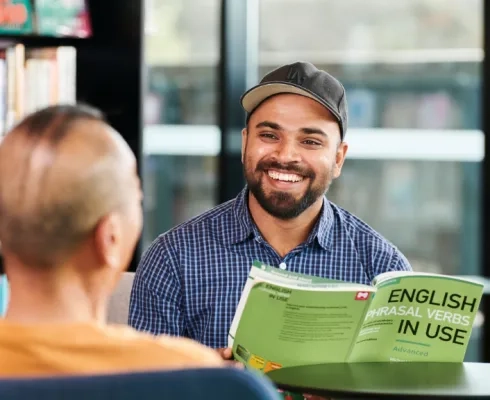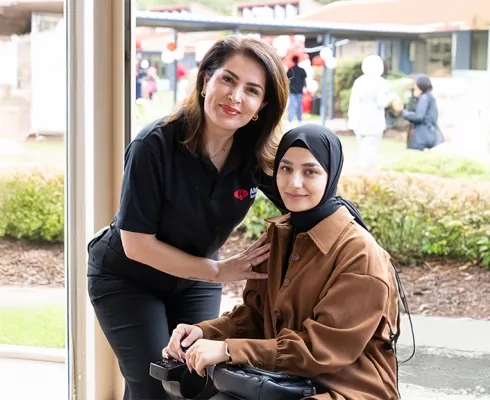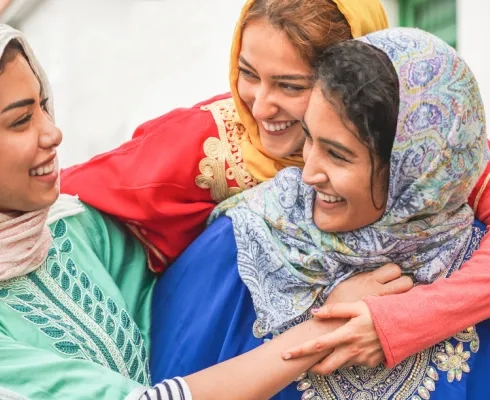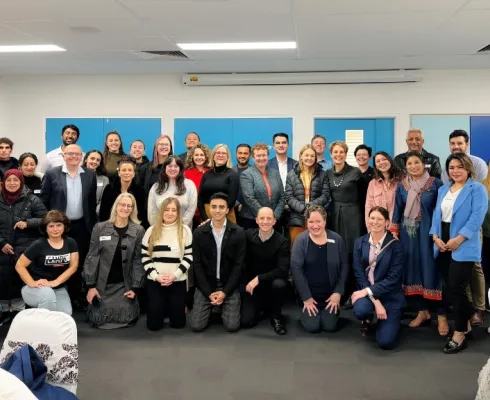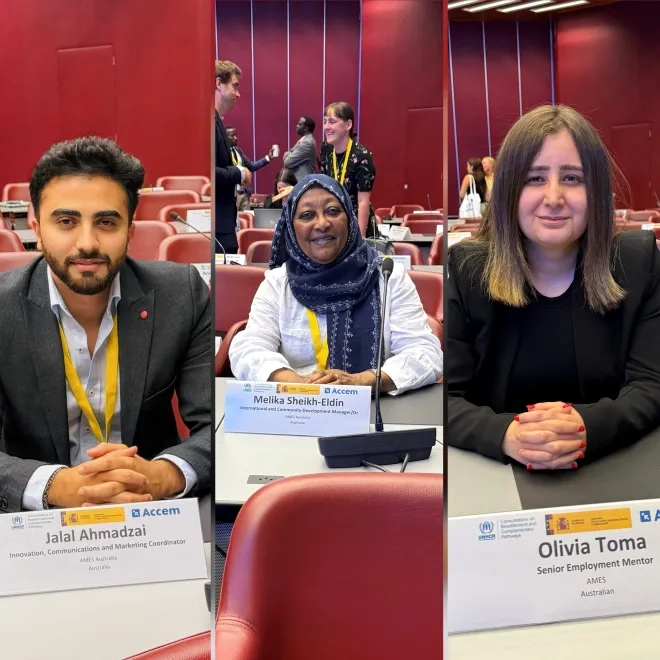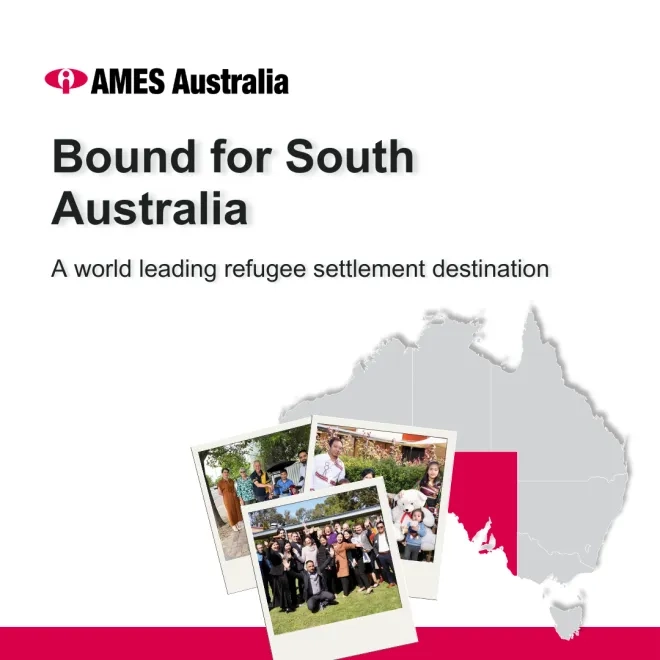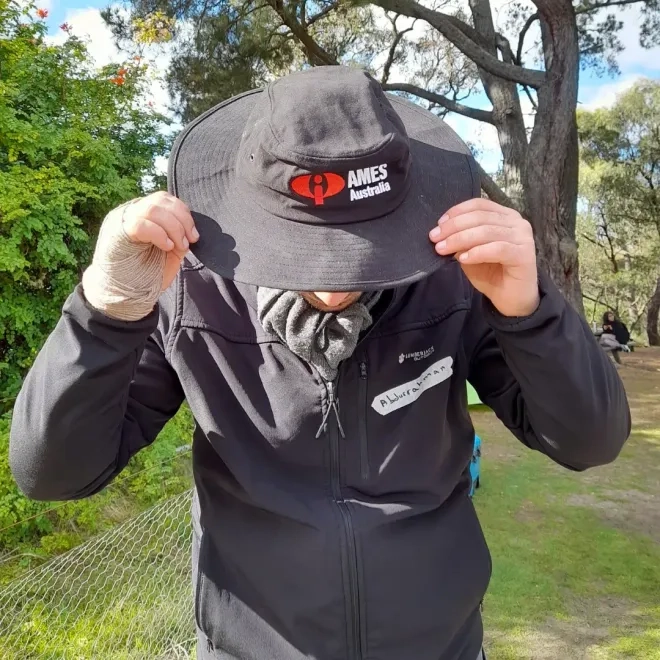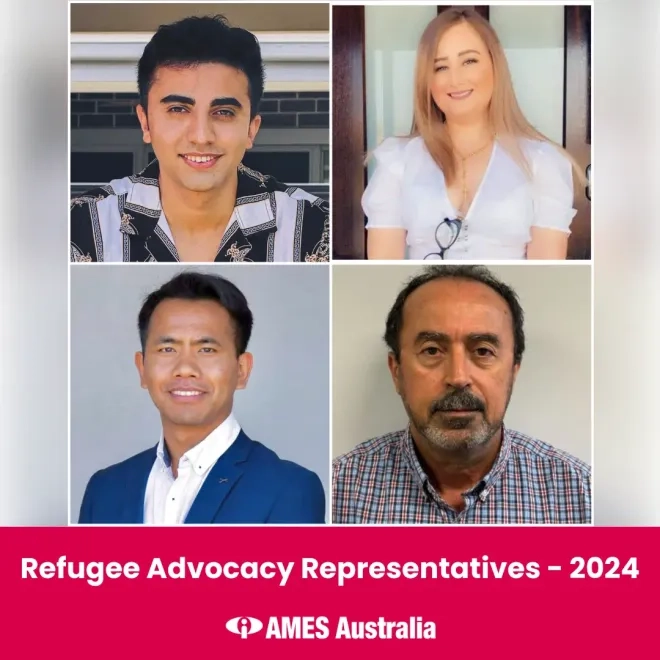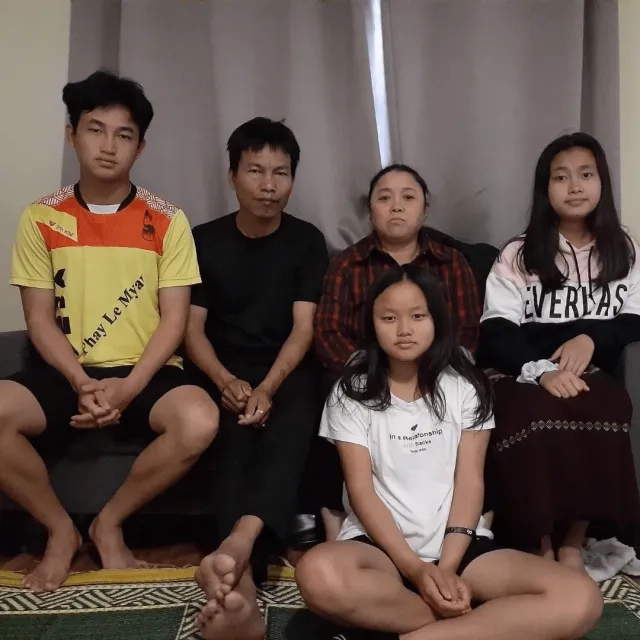
A refugee family who were targeted by the Burmese military and spent two decades in a refugee camp are finally rebuilding their lives in Melbourne.
Bo Reh, Namon and their three children, who are members of the ethnic minority Karenni people, have settled in Werribee, in Melbourne’s west. Their children are in school and Bo Reh is, at last, receiving proper treatment for a knee wound he received when he was shot by Burmese soldiers.
“Because of the Burmese military we had to flee our place,” Bo Reh said.
“My parents’ generation suffered abuse and persecution and this has continued into my generation,” he said.
“They would come to our village and accuse people of crimes they did not commit. They would arrest us. I was arrested and held in prison for a month. After that we knew we had to flee.”
Bo Reh’s family spent about twenty days and nights trekking to the relative safety of a Thai refugee camp. Arriving in 1998, they spent 22 years in the camp before being resettled in Australia under the Humanitarian Settlement Program (HSP).
“We could not go by road because it was dangerous for us so we had to travel through the jungle and over the mountains because if the Burmese soldiers had found us, they would have shot us,” he said.
But life in the camps was only marginally better with no work, little in the way of education and a limited food supply.
“Life was very difficult with no chance to work. Food was very short and we were given exactly what we needed and not more,” Bo Reh said.
It was on a food foraging trip that Bo Reh crossed the border back into Burma and was spotted by Burmese soldiers. He was chased and shot through the knee before his companions helped him escape.
Now in Australia, he is still receiving treatment for the injury and will shortly undergo surgery.
But he says life in Australia is much better than Burma or the Thai camp. And although he is struggling with his own disability, he sees great opportunities for his three teenage children, who are all in school.
“We could not live in Burma under the feet of our oppressors and in the camp there was no future for my children,” Bo Reh said.
“In Australia we can sleep well without fear. We have enough to eat and we are safe. I am happy to be here because my children can have a future,” he said.

